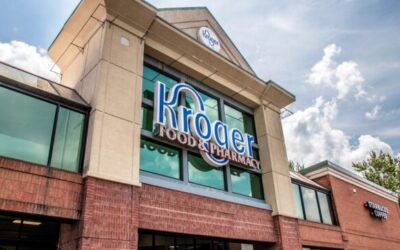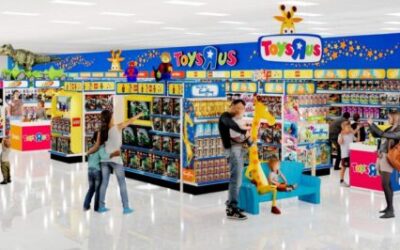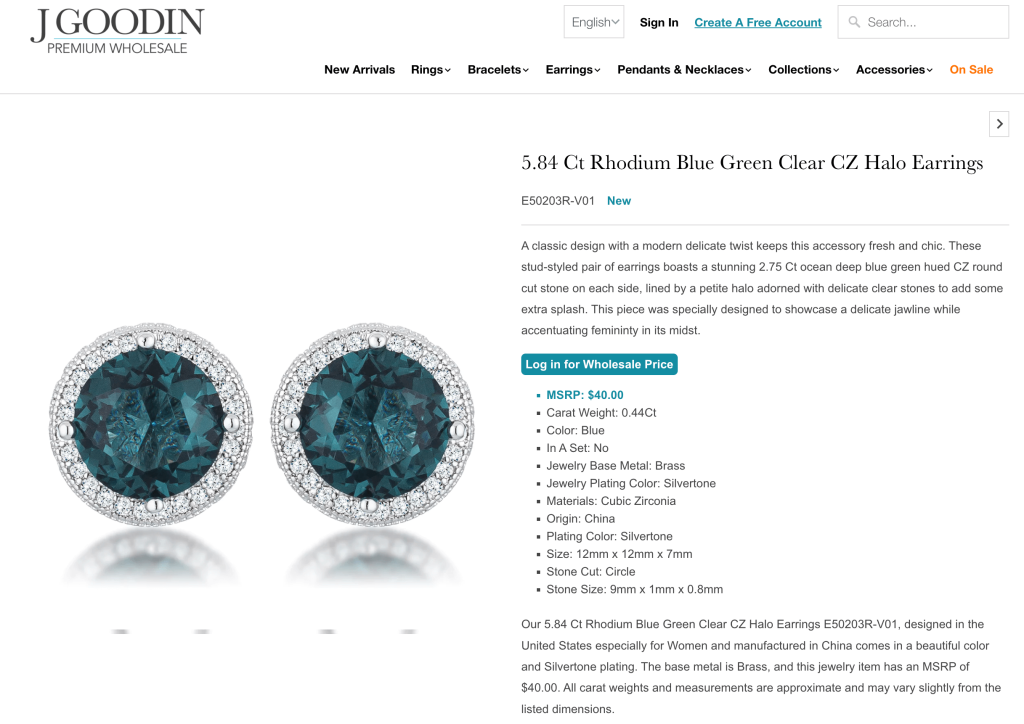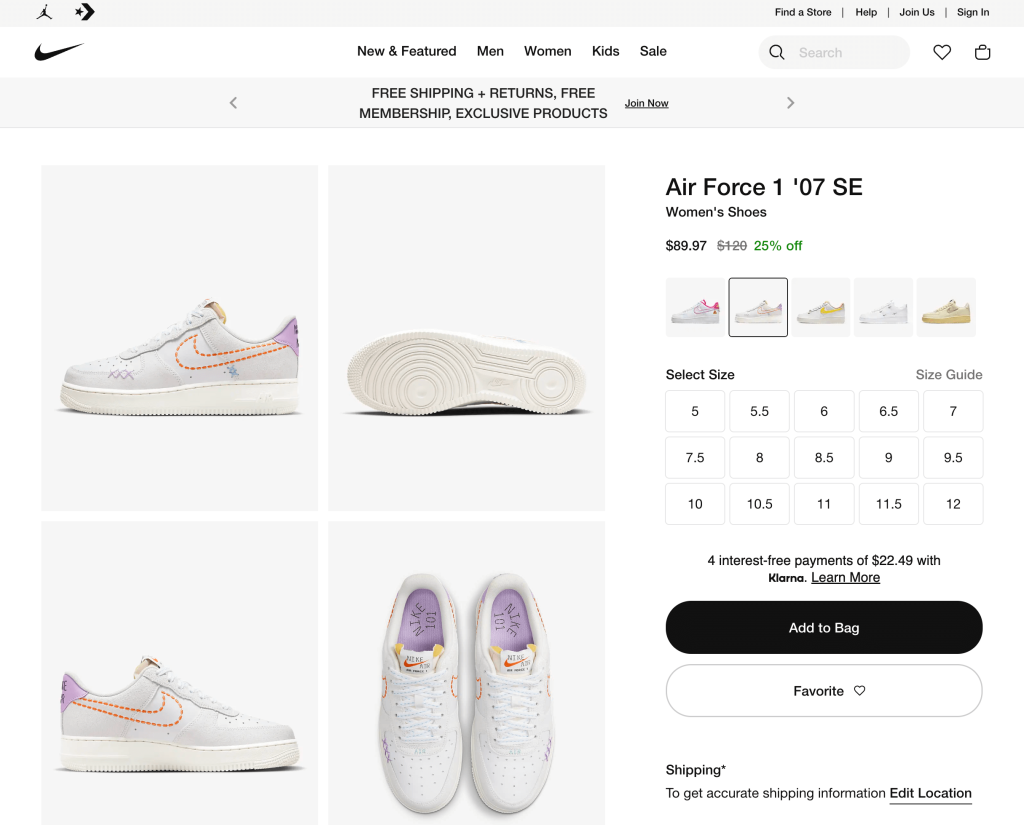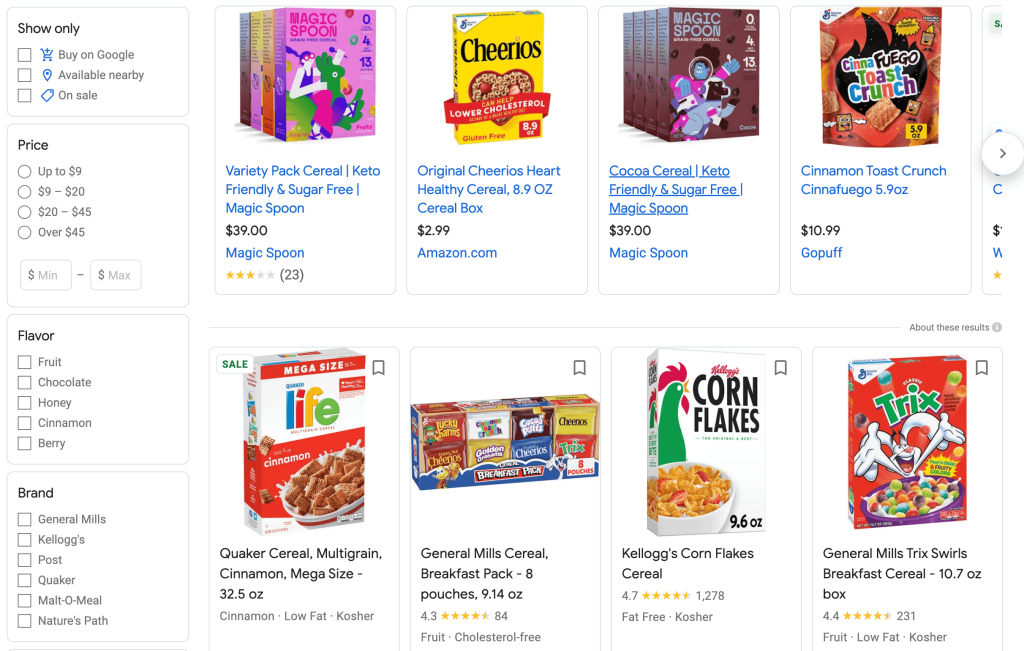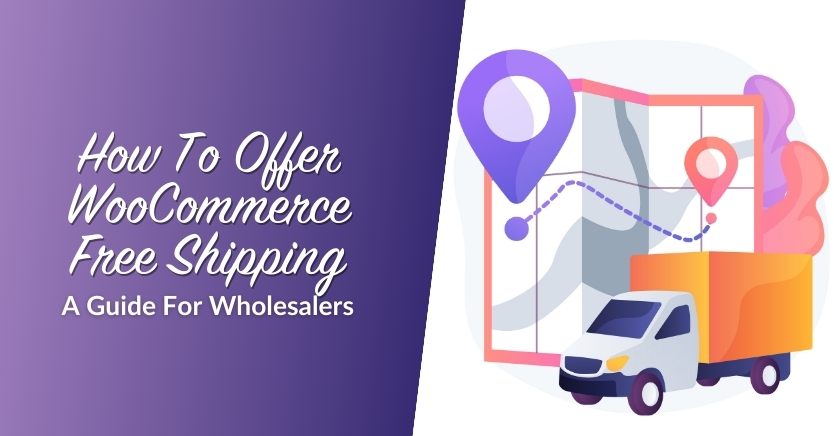The Difference Between Wholesale And Retail: What You Need To Know
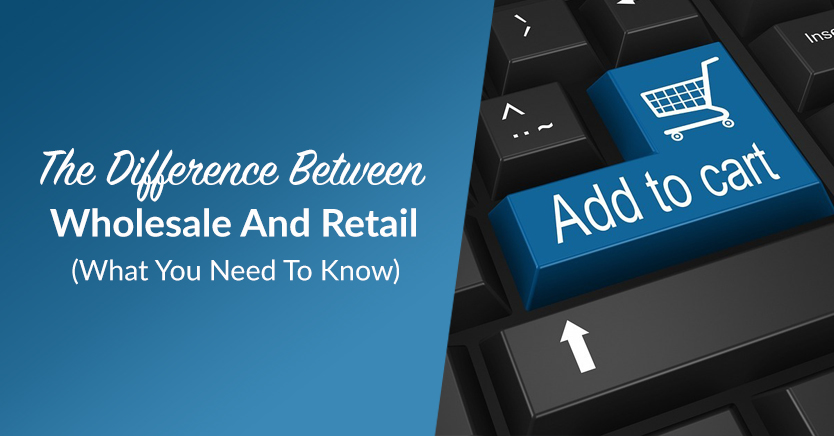

Once you decide to create an online business, you can start increasing your income. However, if you don’t know the difference between wholesale and retail, you could end up using the wrong business model. This won’t enable you to attract high-value customers.
Fortunately, you can easily decide between a wholesale and retail business model. Wholesalers will target other businesses that need a reliable supplier. However, retail stores sell products to individual customers at a higher markup.
In this post, we’ll explain the key difference between wholesale and retail businesses. Then, we’ll explain how to start your own wholesale business with Wholesale Suite. Let’s get started!
The 5 Factors Determining The Difference Between Wholesale And Retail Businesses
Below, we discuss the key factors that determine the difference between wholesale and retail businesses.
1. The target customer
To determine which business model you need to use, it’s important to figure out who your target customer is. Since wholesale and retail each sell to a different customer base, this step will set up your business for success.
A wholesale business sells goods to other businesses. Rather than marketing directly to the end customer, wholesalers provide bulk products for companies to sell themselves.
For example, you might supply items for a small business like a fashion store. In this case, the business will buy products like clothing or jewelry and resell them to its customers:
However, you may be more familiar with the retail business model. In retail, you’ll sell products directly to consumers. You’ll be responsible for targeting the right customer and encouraging them to buy items from your shop:
Retailers can gain customers with marketing and sales tactics. In contrast, wholesalers aren’t as concerned with a customer’s experience.
Put simply, wholesalers operate a Business-to-Business (B2B) ordering model. As a wholesale business owner, you won’t have to worry about advertising costs to bring customers into your store. And to run a wholesale business, you’ll only interact with retailers as your consumer base.
2. Pricing
Another key difference between wholesale and retail is pricing. In retail, businesses will buy items from a manufacturer and set a markup before reselling them to customers. To determine this retail markup, you’ll have to consider a few factors:
- Costs
- Labor
- Overhead
Retailers typically add a 55-65% markup for their products. When customers see product pricing, it accounts for the manufacturing as well as the retailer’s business costs and markup. Although retailers can make a higher profit margin than wholesalers, you’ll still have to consider what your average customer is willing to pay.
For wholesale pricing, you’ll make a profit based on what you charge retailers. Since retailers usually buy wholesale products in bulk, you can offer large quantities at a discounted price.
Wholesale prices usually are around 40% off the retail price. Although this leads to tighter profit margins, you can also set minimum order requirements and discounts for bulk orders. This can increase your business’s Average Order Value (AOV).
3. Level of support
Since wholesale and retail businesses have different customers, it makes sense that they’ll each need different levels of support. In general, wholesale customers require more attention.
In wholesale, your customers will be retailers. This means that they are looking for a consistent supply of high-quality products. To ensure you retain these customers, it’s important to offer effective customer service.
If you want to fulfill wholesale customer expectations, be proactive. In customer onboarding, you can provide pre-written content with sales literature, ordering sheets, and Frequently Asked Questions (FAQs). When something goes wrong, you’ll need to immediately fix the problem for your wholesalers.
On the other hand, retail customers don’t need this much support. Often, customers can purchase products without ever interacting with the business. However, it’s important to still have customer support channels for potential returns and other problems.
4. Customer loyalty
Compared to retail businesses, wholesale brings in more loyal customers. Businesses need a reliable product supplier, so they’ll likely partner with a high-quality wholesaler for a long time.
If you want to have loyal customers, consider creating a wholesale business. Once you provide an efficient ordering process and high-quality products, retailers will want to make repeat purchases. Plus, you can provide incentives for customers to increase their order frequency.
Generally, retail customers find the products they need and purchase them one time. Unless you have a subscription-based business or a recurring sales model, it can be more difficult to accumulate loyal customers.
5. Competition
When you want to start a retail store, keep in mind that you’ll probably have a high level of competition. Other retail stores will likely sell a similar product in your niche. If you want to be successful, you’ll need to find ways to make your business stand out.
For example, a customer might be looking to buy breakfast cereal. They can search online for thousands of different stores that offer this product:
However, wholesale can be less competitive. Taking the same example, a cereal manufacturer would compete with around 70 brands instead of over 60,000 grocery stores.
Rather than competing with other stores, you’ll compete with different wholesalers. This can significantly reduce your number of competitors and allow you to find high-value clients.
How To Start A Wholesale Business
By selecting the right business type, you can target the right customers and start raking in high profits. If you plan to sell bulk products to retailers, you’ll want to create a wholesale business. This business model will enable you to work directly with other businesses instead of customers.
To easily turn your online store into a wholesale business, consider installing Wholesale Suite. Our plugin bundle will enable you to set wholesale pricing, change product visibility, create order forms, and much more:
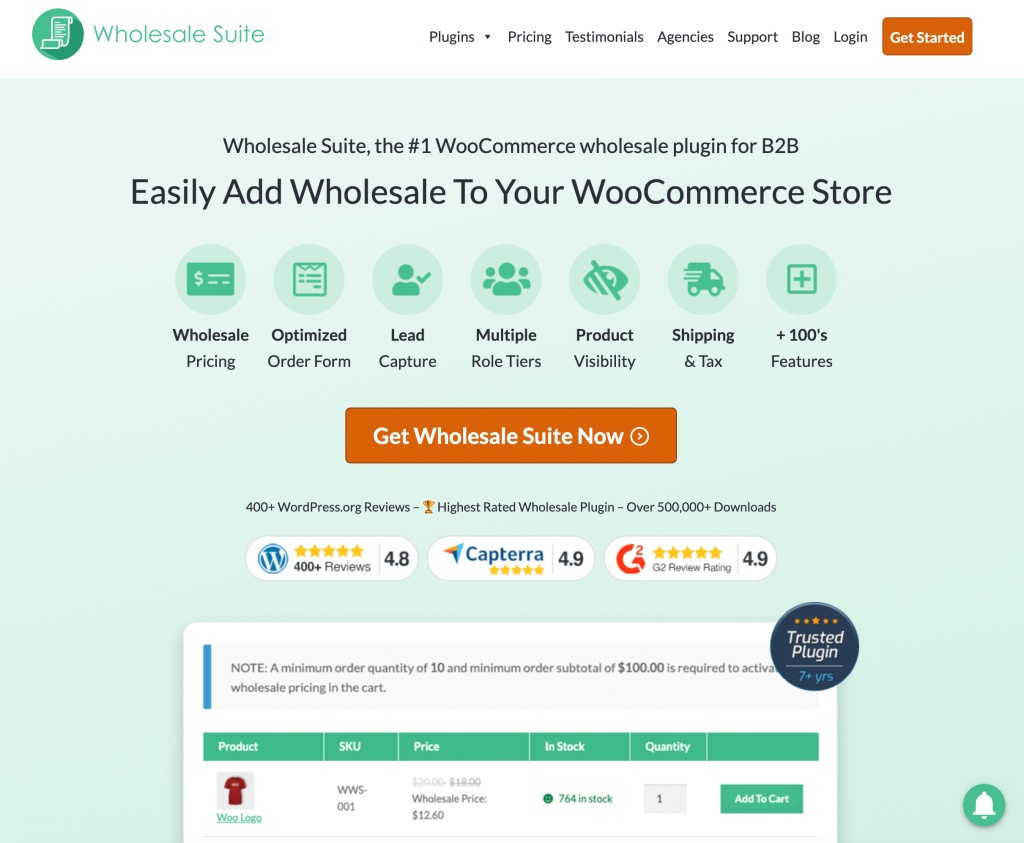
After you install Wholesale Suite, you can start creating wholesale customer roles. Then, you’ll be able to hide prices, set minimum order quantities, and easily build a successful wholesale business!
Conclusion: The Difference Between Wholesale And Retail
Choosing the right business model is an important first step in creating an online store. Both wholesale and retail stores sell products, but they have a different customer base, pricing, and competition level.
To review, here’s the difference between wholesale and retail business models:
- The target customer: While retail stores sell to customers, wholesalers partner with other businesses and companies.
- Pricing: Retail stores can mark up their products to gain a higher profit margin. However, wholesale businesses sell bulk products at 40% off the retail price.
- Level of support: Wholesale customers generally require more support.
- Customer loyalty: Since retailers need a steady supply of products, they will be more loyal customers for wholesale businesses.
- Competition: Retail stores will compete with many other businesses that sell similar products. On the other hand, there are fewer wholesale competitors.
Do you have any questions about how to tell the difference between wholesale and retail? Let us know in the comments section below!
The post The Difference Between Wholesale And Retail: What You Need To Know appeared first on Wholesale Suite.






